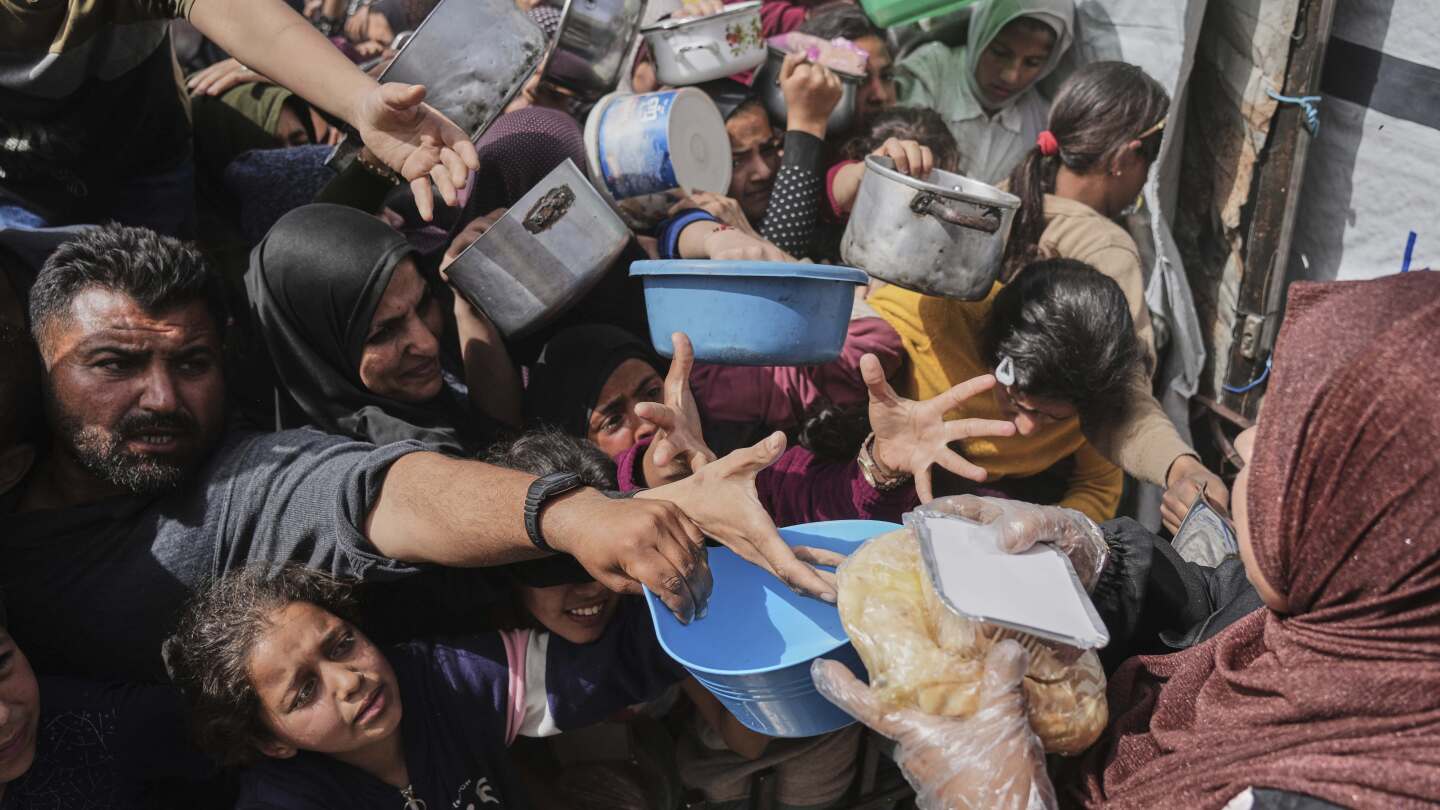Tensions Escalate: Israeli Airstrikes Claim 25 Lives in Gaza Amid Supreme Court Hearings
Israeli airstrikes killed at least 25 Palestinians in Gaza overnight, marking one of the deadliest attacks in recent months as tensions in the region reach a boiling point. The strikes, which targeted what Israel described as Hamas military installations, coincided with pivotal Supreme Court hearings on the Shin Bet security agency’s surveillance practices. The dual developments have reignited debates over security, human rights, and the escalating cycle of violence in the Israeli-Palestinian conflict.
Escalation in Gaza: A Night of Devastation
The airstrikes, launched late Tuesday, struck residential areas and militant sites across central and northern Gaza. Local health officials reported that women and children were among the dead, with over 60 others injured. The Israeli Defense Forces (IDF) stated the operation aimed to dismantle Hamas infrastructure and retaliate for recent rocket attacks on southern Israel.
- Casualties: 25 dead, including 7 children; 60+ wounded
- Targets: 15 Hamas sites, including weapons depots and tunnels
- Israeli Claims: Strikes were “precise and necessary” to neutralize threats
Gaza’s sole power plant sustained damage, plunging parts of the territory into darkness. “This is not just an attack on militants—it’s collective punishment,” said Dr. Fares Akram, a Gaza-based journalist. Meanwhile, the IDF released footage purporting to show Hamas operatives storing weapons in civilian areas.
Supreme Court Hearings: Security vs. Privacy
As explosions rocked Gaza, Israel’s Supreme Court heard arguments challenging the Shin Bet’s expanded surveillance powers, granted under emergency provisions. Civil rights groups argue the measures violate privacy, while security officials insist they’re vital to thwarting attacks.
“We’re walking a tightrope between safety and freedom,” said legal expert Talia Sasson. “The court’s decision could redefine the boundaries of counterterrorism.” The hearings come amid heightened security concerns following a wave of lone-wolf attacks in Israeli cities.
International Reactions and Regional Fallout
The UN Security Council convened an emergency session, with Secretary-General António Guterres urging “maximum restraint.” The U.S. reiterated support for Israel’s “right to self-defense,” while Qatar and Egypt brokered ceasefire talks. Hamas vowed retaliation, firing 30 rockets into Israel overnight—most intercepted by the Iron Dome.
Regional analysts warn of a potential broader conflict. “Gaza is a tinderbox,” said Middle East analyst Dahlia Scheindlin. “With elections looming in Israel and Hamas’s popularity waning, both sides have incentives to escalate.”
Humanitarian Crisis Deepens in Gaza
The strikes exacerbated Gaza’s dire humanitarian situation, where 2 million residents face shortages of electricity, clean water, and medical supplies. Hospitals, already strained by COVID-19, struggled to treat the influx of casualties.
- Medical Shortages: 40% of essential drugs depleted
- Unemployment: Over 50% in Gaza, with youth joblessness at 70%
- Reconstruction Delay: 2021 war damage remains largely unrepaired
UNRWA spokesperson Adnan Abu Hasna warned, “Without immediate aid, Gaza’s collapse is inevitable.” Meanwhile, Israel blocked fuel shipments, citing security concerns.
What Comes Next?
With ceasefire talks fragile and the Supreme Court yet to rule, the region faces a critical juncture. Observers suggest these events could influence Israel’s November elections and Hamas’s governance in Gaza. For civilians on both sides, the stakes couldn’t be higher.
To support humanitarian efforts in Gaza, consider donating to vetted organizations like the Red Cross or UNRWA.
See more Update My News



